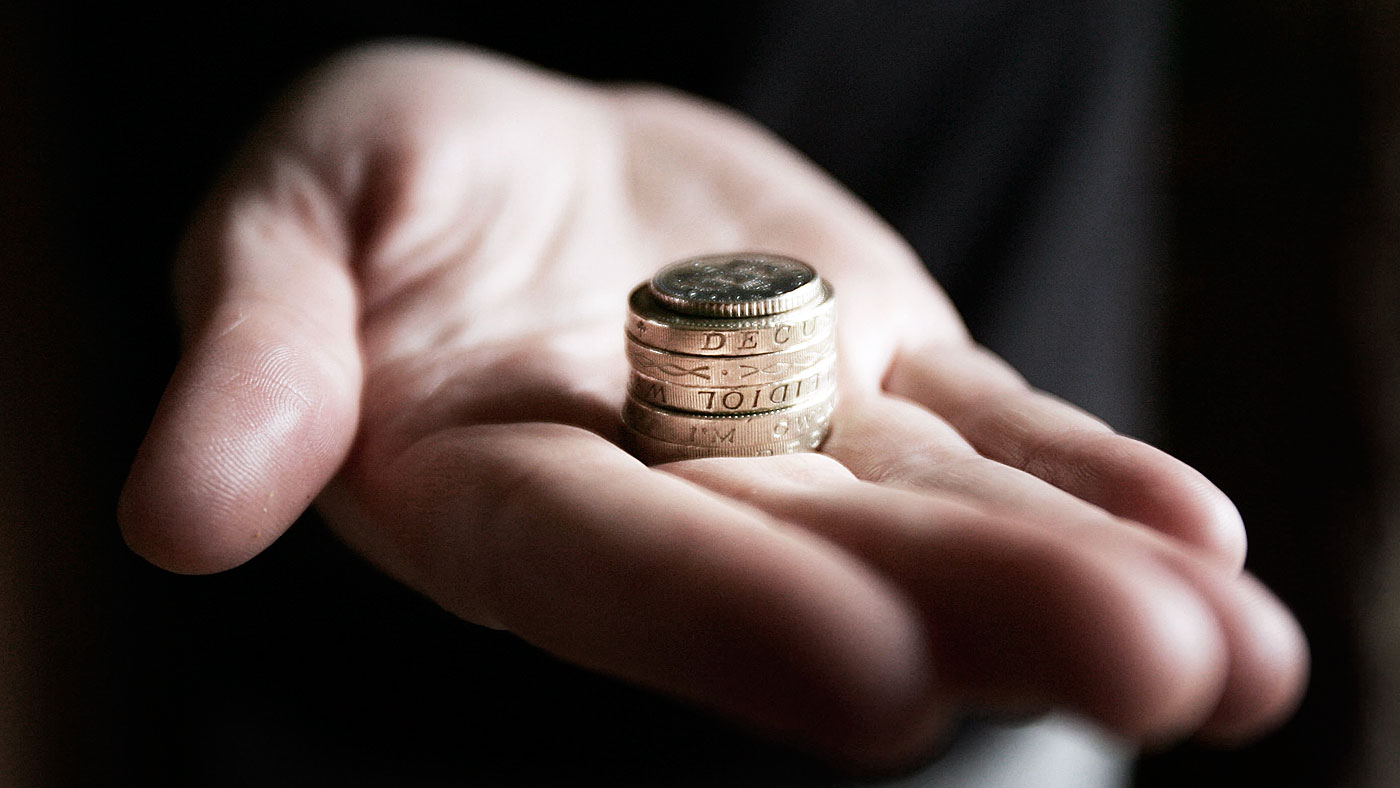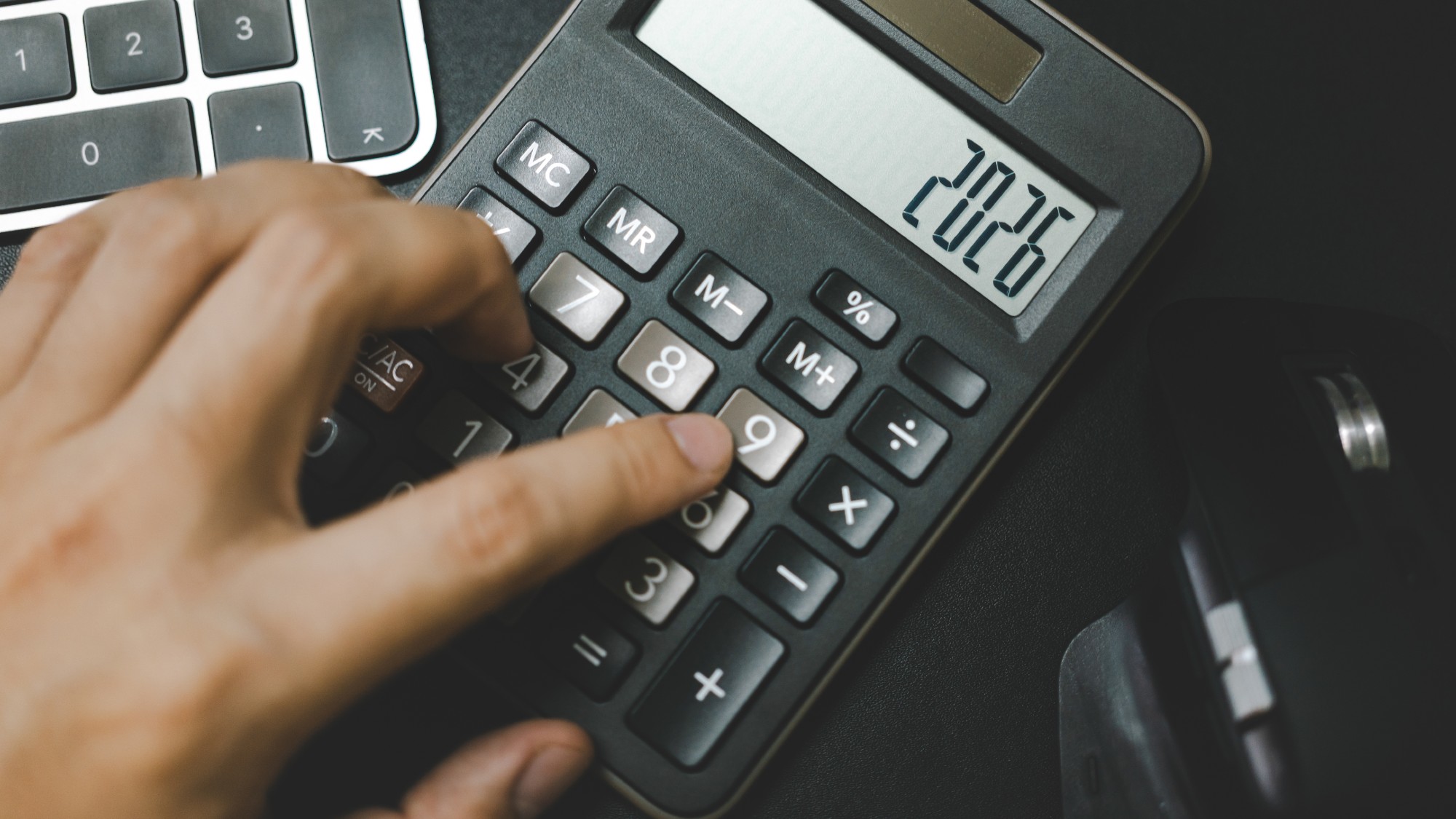How to save money in your 20s
New statistics show that more than half of young people in the UK have no savings

A free daily email with the biggest news stories of the day – and the best features from TheWeek.com
You are now subscribed
Your newsletter sign-up was successful
An increasing number of young people in the UK are living from one wage packet to the next without any savings to fall back on, official statistics have revealed.
Newly published research from the Office for National Statistics (ONS) reveals that 53% of 22 to 29-year-olds had no money in a savings account or an Isa in 2016. This is up from 41% in 2008.
The Daily Telegraph says that “the financial prospects for many young people in their 20s have steadily gotten worse over the last few years”, and that young people “continue to feel the sting from the financial crisis”.
The Week
Escape your echo chamber. Get the facts behind the news, plus analysis from multiple perspectives.

Sign up for The Week's Free Newsletters
From our morning news briefing to a weekly Good News Newsletter, get the best of The Week delivered directly to your inbox.
From our morning news briefing to a weekly Good News Newsletter, get the best of The Week delivered directly to your inbox.
If you are looking to beat the squeeze and start saving, here are a few tips:
Create a budget
A budget plan is one of the easiest ways to keep your spending under control, CNN says.
“If you really want to get your finances on the right track, map out a budget and review it every few months to make sure it’s something you can actually stick to,” the news site advises.
A free daily email with the biggest news stories of the day – and the best features from TheWeek.com
NerdWallet suggests budgeting “50% of your income on necessities and 30% on wants, allocating the remaining 20% to savings”.
Automate your savings
The BBC recommends that people in their 20s should automate their savings so that they don’t have to remember to put money away.
“Link your bank account to a smart app,” the site says. “The app analyses your spending habits and decides how much you can afford to save, and automatically moves the money into a savings account.”
Set up a savings account at a different bank
A similar trick is to not only set up a savings account but to do so at a different bank to the one where you have your current account.
Forbes says: “The old out of sight, out of mind trick works really well here! Putting a savings account or two at a different bank than the one which houses your main [current] account will reduce the temptation to keep pulling savings into [your current account], because you won’t see it.
“You also can’t move the cash quickly, as it generally takes about two business days for those funds to clear, so it’s harder to take a little out in a moment of weakness.”
Spend in cash
If you’re going on a night out, use cash rather than debit or credit cards.
This will create a limit on the amount you can spend. Then set aside “any change you have left, to gradually build up a pot of notes and coins”, says the BBC, which adds that if you fear temptation, you could opt to leave all cards at home.
Entertain at home more
Instead of heading out for costly drinks and dinners, entertain guests at home, whether for a night of drinking or a sophisticated dinner party.
“You’ll have plenty of time to relax at your table and won’t have to deal with a huge cheque at the end of the night,” says Forbes.
Ask for a rise
Sometimes, just asking for more money may do the trick.
“Contrary to what you may have been led to believe, raises at work aren’t always a given,” CNN says. “Sometimes, you need to fight for that raise, and the sooner you do, the more you stand to benefit.”
-
 What to know before filing your own taxes for the first time
What to know before filing your own taxes for the first timethe explainer Tackle this financial milestone with confidence
-
 The biggest box office flops of the 21st century
The biggest box office flops of the 21st centuryin depth Unnecessary remakes and turgid, expensive CGI-fests highlight this list of these most notorious box-office losers
-
 What are the best investments for beginners?
What are the best investments for beginners?The Explainer Stocks and ETFs and bonds, oh my
-
 How to juggle saving and paying off debt
How to juggle saving and paying off debtthe explainer Putting money aside while also considering what you owe to others can be a tricky balancing act
-
 The pros and cons of tapping your 401(k) for a down payment
The pros and cons of tapping your 401(k) for a down paymentpros and cons Does it make good financial sense to raid your retirement for a home purchase?
-
 Saving for a down payment on a house? Here is how and where to save.
Saving for a down payment on a house? Here is how and where to save.the explainer The first step of the homebuying process can be one of the hardest
-
 Planning a move? Here are the steps to take next.
Planning a move? Here are the steps to take next.the explainer Stay organized and on budget
-
 What should you look out for when buying a house?
What should you look out for when buying a house?The Explainer Avoid a case of buyer’s remorse
-
 What to look for in a reliable budgeting app
What to look for in a reliable budgeting appThe Explainer Choose an app that will earn its place in your financial toolkit
-
 3 smart financial habits to incorporate in 2026
3 smart financial habits to incorporate in 2026the explainer Make your money work for you, instead of the other way around
-
 Why it’s important to shop around for a mortgage and what to look for
Why it’s important to shop around for a mortgage and what to look forThe Explainer You can save big by comparing different mortgage offers